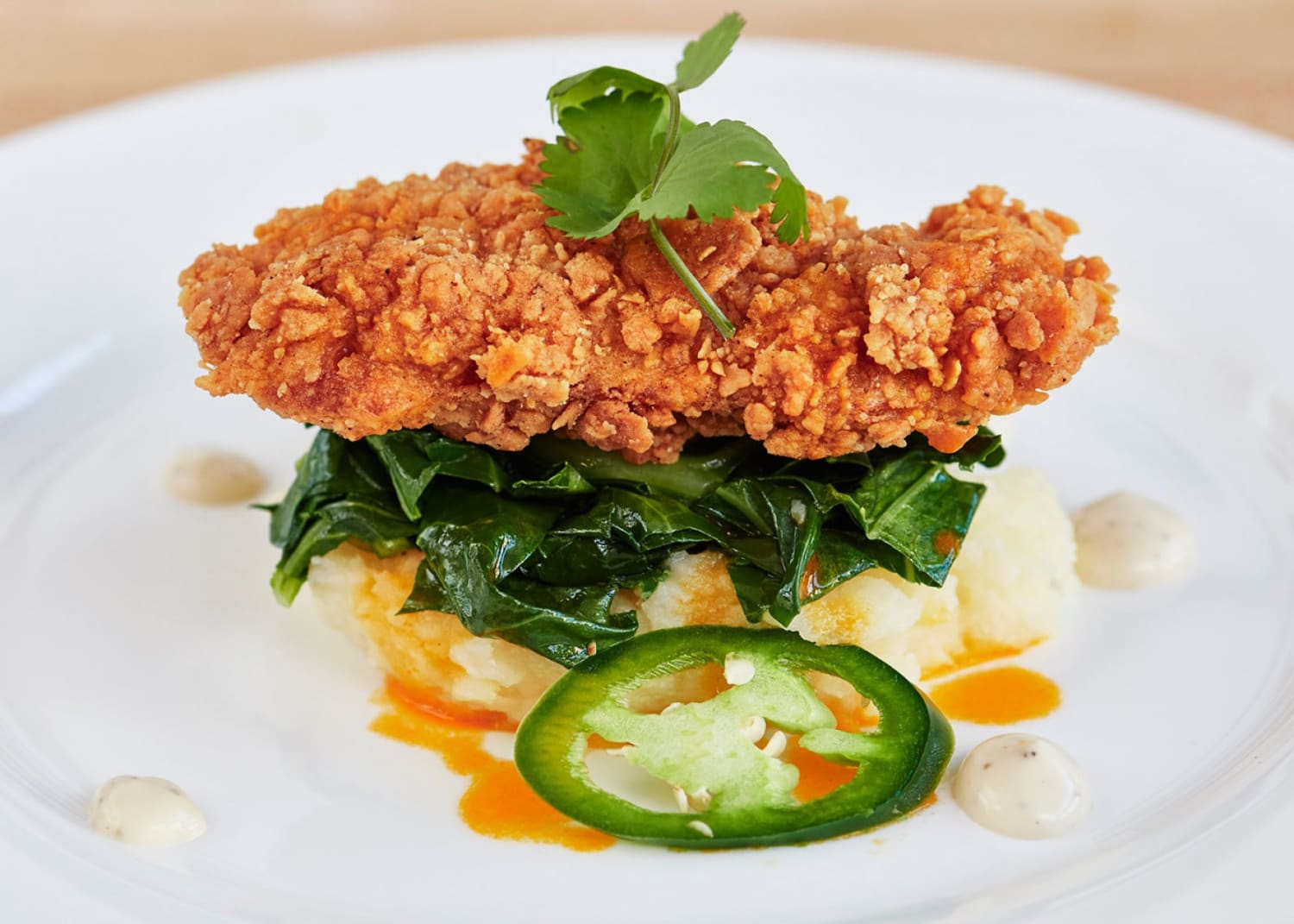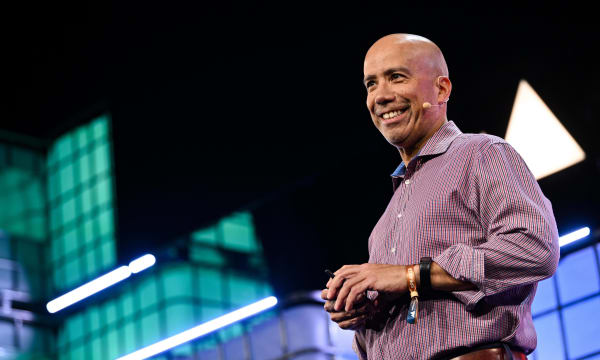San Francisco-based Memphis Meats have created the first chicken and duck meat in a laboratory, offering a more ethical and sustainable option for consuming poultry that doesn’t involve slaughtering animals.
Dubbed ‘clean meat’, these test-tube samples are biologically identical to ‘real’ meat and are created using animal cells fed with sugar, minerals and oxygen. These cells, which are able to regenerate, are then placed into a bioreactor tank until they grow into skeletal muscle in a couple of weeks.
Clean meat carries obvious benefits to the planet, consumer health and animal welfare and for this reason is expected to become commercially available in 2021. As Uma Valeti, M. D., co-founder and CEO of Memphis Meats explained in a press release, “We really believe this is a significant technological leap for humanity, and an incredible business opportunity—to transform a giant global industry while contributing to solving some of the most urgent sustainability issues of our time.”





